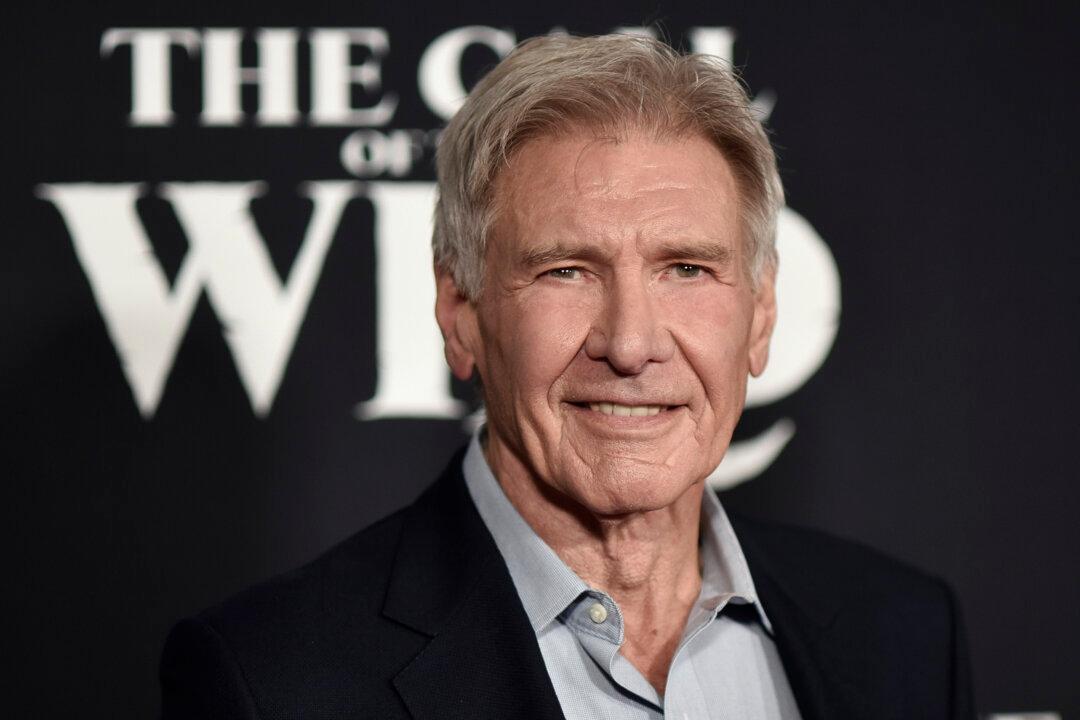Commentary
Keanu Reeves is a rare type of celebrity. He appears to have a heart. Countless stories have been written about the actor’s compassion and lack of ego, hence his being considered “America’s sweetheart.” Who isn’t a fan of Reeves? Well, the Chinese Communist Party (CCP), for one.





